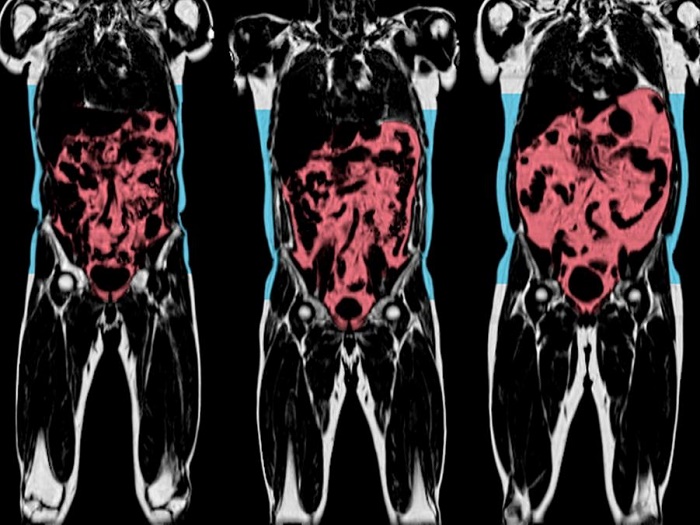It is believed that this “completely new window” on disease will help researchers identify the early warning signs of a range of conditions such as dementia, heart disease, diabetes, stroke, osteoporosis and arthritis.
This would mean that doctors – possibly in just 10 to 15 years` time – could scan their patients, spot a disease before the patient has noticed any problem and take action to prevent it.
Launched on Thursday, the £43m project has been funded by the Government, the Wellcome Trust and the British Heart Foundation.
Professor Paul Matthews, of Imperial College London, who chairs the academics who support UK Biobank, spelled out the dramatic effect they hope the research will have on medicine.
“This imaging is going to help us understand risk factors that could prevent future diseases, just as the discovery of smoking and the link to long cancer has changed the entire prevalence of that disease," he said.
“We may also find out how to find the earliest changes in disease, discovering markers for disease like Alzheimer’s years before they ever happen, to allow doctors and clinicians to think about treating people before the disease really starts to express itself.
“And maybe this kind of image, with its detail, can help us find new kinds of treatments, things that have been lying around all the time that we didn’t really recognise, like the way aspirin was found to help prevent cancer. It’s an exciting time.”
And Dr Sara Marshall, head of clinical research at the Wellcome Trust, said such a huge amount of images of the human body would "chronicle disease in a way never attempted before".
"Each day we`re discovering more and more about how genetics and lifestyle play a part in the onset and development of diseases, but this extra piece of the puzzle – seeing physical changes even before symptoms develop – will give us a completely new perspective on how we can prevent and treat them," she said.
The UK Biobank project was set up in 2006 to collect an array of medical data from half a million people in Britain and the body scans will add to that wealth of data.
Such scans are prohibitively expensive for use in everyday medicine, but can give a significantly different picture of health than is currently available to doctors. For example, images of the body fat of people who all have the same body mass index of 30 show wide variations in the levels of “bad fat” around the organs.
Researchers plan to develop automated tools to analyse the data from body scans, which Professor Steve Smith, of Oxford University, said should help bring down the “amazingly expensive” cost to the point when it can be used routinely by the NHS.
"In new patients that are being screened 10 to 15 years from now, we’ll be able to hopefully automatically pull out some of these early markers,” he said.
An initial study of 8,000 people has already been carried out at a purpose-built facility in Stockport, where the UK Biobank is based. More volunteers will be recruited from the south and north of England over the next year.
The participants do not receive feedback about their health “unless potentially serious abnormalities are spotted during the imaging”, Biobank said in a statement.
The Government welcomed the launch, saying it put Britain at the forefront of the field.
George Freeman, Life Sciences Minister, said: “Stunning advances in imaging and informatics are opening up new ways to diagnose, treat and potentially prevent diseases like dementia, heart disease and cancer.
“Our £20m investment in this – the world’s biggest collection of imaging data – is helping make the UK a world leader in 21st century life science.”
More about:
















































